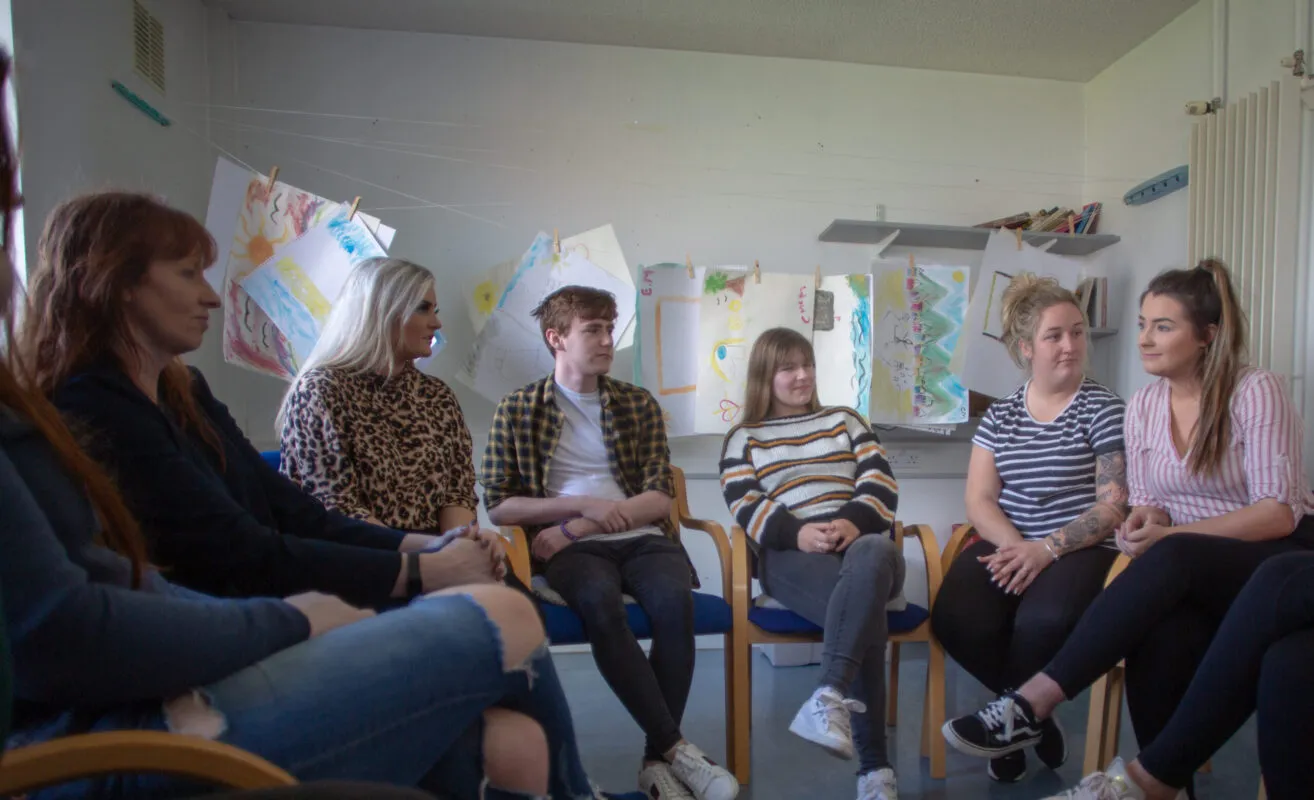Entry Requirements
Bachelor of Arts in Applied Social Studies Level 7 or an equivalent Level 7 qualification.
Course Search
Courses
Admissions & Support
Course Search
Our Services
Our Community
Course Search
Professional Services
CAO Points: N/A
Campus: Athlone
years: 1

This one-year, add-on Level 8 course encourages and promotes the professional and personal development of students. In particular, many of the applicants undertake this programme because they are keen to progress to further study at Masters level (Level 9). This programme is the ideal bridge. This degree will equip you with advanced levels of knowledge and skills appropriate to employment in the sector. It will enhance your ability to conceptualise and draw conclusions based on a rigorous, analytical assessment of situations, and communicate effectively as part of a team. You will be able to discriminate between alternative management strategies and practices in social care work.
You will also obtain a deeper understanding of your own goals and priorities, and a fuller awareness of your strengths, limitations and potential, through self-assessment, analysis and critical reflection. You will learn the ability to assume key roles in the management, administration, development and delivery of quality care services across a wide range of disciplines.
Bachelor of Arts in Applied Social Studies Level 7 or an equivalent Level 7 qualification.
Research Project
Credits: 10
The module provides students with the necessary knowledge, skills, and confidence to plan and conduct an applied research project, which includes desk and field research.
Contemporary Social Care Practice 4.1
Credits: 5
The module provide students with the ability to critically evaluate care for the main groups in social care and to examine family work models that support individuals within their family and community.
Contemporary Social Policy
Credits: 5
Over the course of this module students will learn about Social Policy as a discipline of study, research, practice, analysis and social policy making by governments. Within contemporary society there is increasing emphasis placed on the importance of the connection between policy, practice and evidence and this has resulted in a shift towards evidence-based practice and evidence-based policymaking. Students will also learn about the significance of Comparative Social Policy to the development of the discipline of Social Policy.
Interactional Approaches to Social Care (Art or Recreation)
Credits: 5
Art Creative Art Facilitation in Practice equips the students to plan, devise and facilitate a creative art project with participants in a social care setting.
Recreation Students will apply their skills developed throughout the programme to the planning, design, management, resourcing of materials required for the delivery of an event to a social care group. The management of the event will engage the students in coordination, team work, communications and analysis of activities and their effectiveness with social care groups.
Community Development Practice (Elective)
Credits: 5
The module will provide students with the knowledge and skills necessary to effectively run community development projects in a variety of settings.
Therapeutic Theories for Social Care (Elective)
Credits: 5
To provide students with a theoretical background to psychotherapy and to equip them to deal with the therapeutic issues that arise when dealing with trauma.
Contemporary Social Care Practice 4.2
Credits: 5
The module will provide students with a critical awareness of the rights of service users in social care practice and to equip them with advanced practice skills & tools.
Applied Psychology in Social Care
Credits: 10
This module will:
Social Care Management
Credits: 10
This module will enable students to:
Sociology of Mental Health and Illness (Elective)
Credits: 5
This module provides students with an understanding of the social and cultural contexts of mental health and illness, while also seeking to explore the manner in which society shapes and informs our experiences of, and responses to, mental health and illness.
Youth Substance Use and Misuse (Elective)
Credits: 5
This module will:
Professional Practice with Older People 4.2 (Elective)
Credits: 5
The aim of this module is to provide students with a broad and practical understanding of old age. The module will fulfil a social perspective of old age, enable students to be aware and identify the changing needs of older people in a variety of care settings and in society. Students will be equipped with the skills, values and an ethical approach to work with older people as social care practitioners. Students will be introduced to therapeutic approaches to working with older people.
This course leads to a qualification which allows graduates to work as a professional social care worker. It will equip students to find employment with different service users in a variety of care settings, including residential child care, disability sector, youth community and family support services, people who are homeless, members of the travelling community, people who are drug or alcohol dependent, and older people.
As a graduate of this programme, you will be eligible to progress to postgraduate programmes such as the MA in Child and Youth Studies at the TUS or an alternative postgraduate programme in another university.
It is also a recognised stepping stone and qualification to undertake further study to pursue a career as a social worker.
Athlone Campus CAO mailing list
Click here